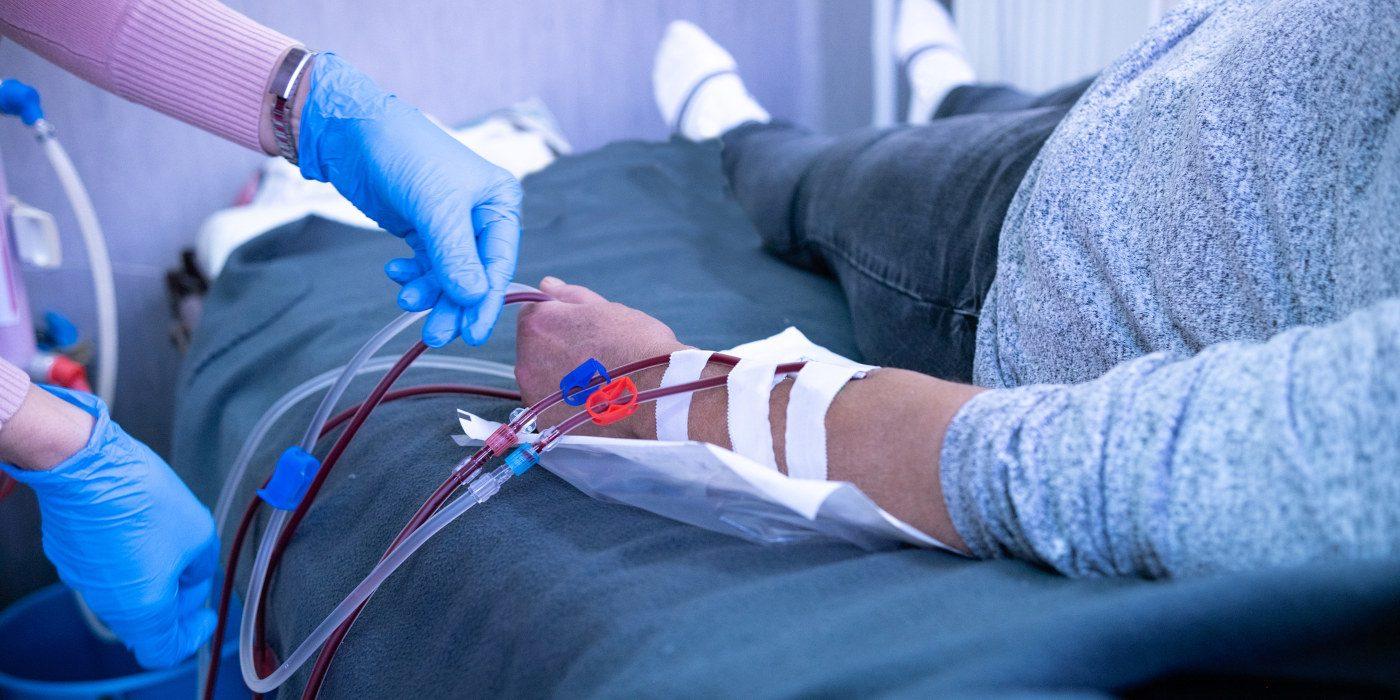Haemodialysis

- 19 Mar 2024
Why is it in the News?
Findings from a nationwide private hemodialysis network show that there is a variation in the survival of patients receiving hemodialysis in India depending on various factors, and stress on the need to standardize dialysis care across centers.
What is Hemodialysis?
- Haemodialysis, also known as dialysis, is a medical procedure that helps individuals with kidney failure by removing waste products and excess fluid from their blood.
- This procedure essentially performs the functions of the kidneys, which are responsible for filtering waste and maintaining the body's electrolyte balance.
Key points about hemodialysis:
- Process: During hemodialysis, a patient's blood is circulated through a machine with a semipermeable membrane, called a dialyzer or an artificial kidney.
- The dialyzer filters out waste products, such as urea and creatinine, and excess fluid from the blood, which is then discarded, while essential components are returned to the patient's bloodstream.
- Access: To perform hemodialysis, a patient typically requires vascular access, which is a surgically created connection between an artery and a vein, usually in the arm.
- This connection allows for the efficient flow of blood from the patient to the dialysis machine and back.
- Duration: Haemodialysis treatment typically lasts for around 3-5 hours and is performed several times per week, depending on the patient's needs and kidney function.
- Indications: Haemodialysis is prescribed for patients with end-stage kidney failure, also known as end-stage renal disease (ESRD), who need immediate intervention while waiting for a kidney transplant or when a transplant is not a suitable option.
- Side effects: Some common side effects of hemodialysis include low blood pressure, muscle cramps, itching, and fatigue.
- Complications such as infection, access problems, and blood clotting may also occur, but these risks can be minimized with proper medical supervision and management.
- In summary, hemodialysis is a life-sustaining treatment for patients with kidney failure, offering a means to maintain their health and well-being despite the loss of kidney function.
